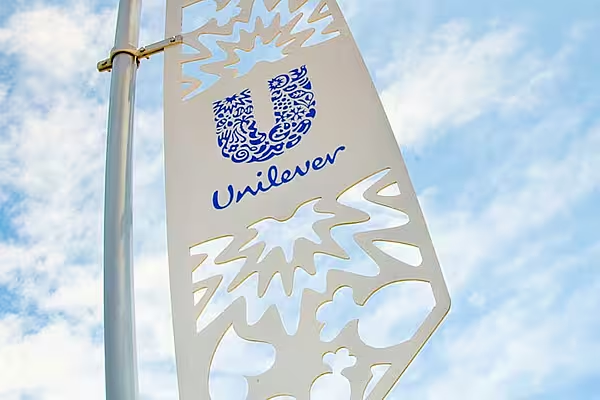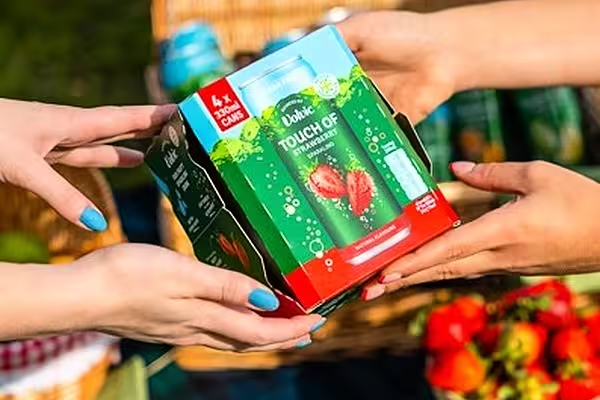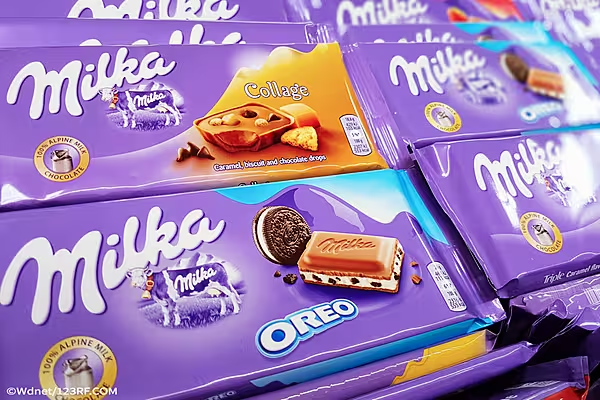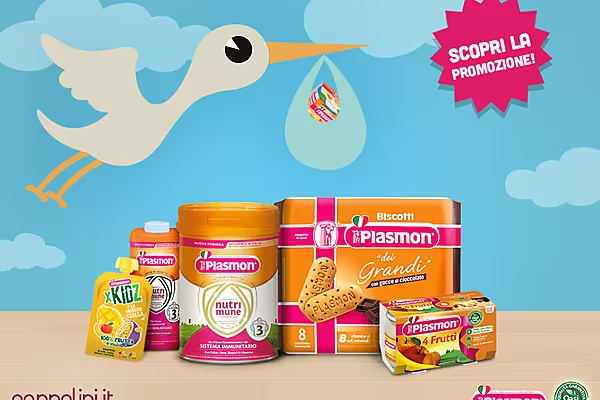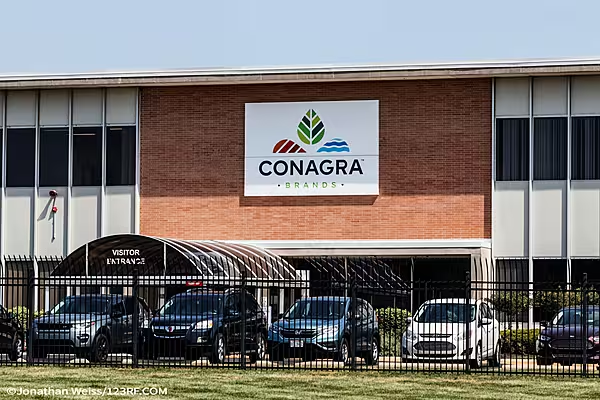Unilever, which dropped plans to move to the Netherlands this month after British investors rebelled, reported a pick-up in third-quarter sales on Thursday, as it was able to pass on higher commodity costs to consumers.
The Anglo-Dutch maker of Dove soap and Ben & Jerry's ice cream did not give an update on its thinking about simplifying its dual-headed structure beyond saying it would take time to fully digest shareholder feedback after the backlash against the Netherlands move.
Unilever said underlying sales rose 3.8% in the third quarter.
The company decided to exclude pricing growth in Argentina, due to high inflation there. Including Argentina, sales growth would have been 4.5%, it said.
On that basis, analysts on average were expecting 4.3% sales growth, according to a consensus supplied by the company.
"A solid set of results," RBC Capital Markets analyst James Edwardes Jones said. "After the drama around the (lack of) unification of the share classes Unilever will, we imagine, be pleased with these unexciting Q3 results."
2020 Goals
Unilever stood by its outlook, saying it still expects underlying sales growth in the 3 to 5% range, an improvement in underlying operating margin and strong cash flow. It said it remained on track for its 2020 goals.
On a later conference call with analysts, Unilever said it expects 2018 sales growth at the bottom end of the 3-5% range, but possibly a little higher.
Unilever's UK-listed shares were down 1.9% in early trade.
Also on Thursday, Nestlé confirmed its guidance as third quarter growth ticked up.
News by Reuters, edited by Checkout, edited by Donna Ahern. Click subscribe to sign up for the Checkout print edition.
